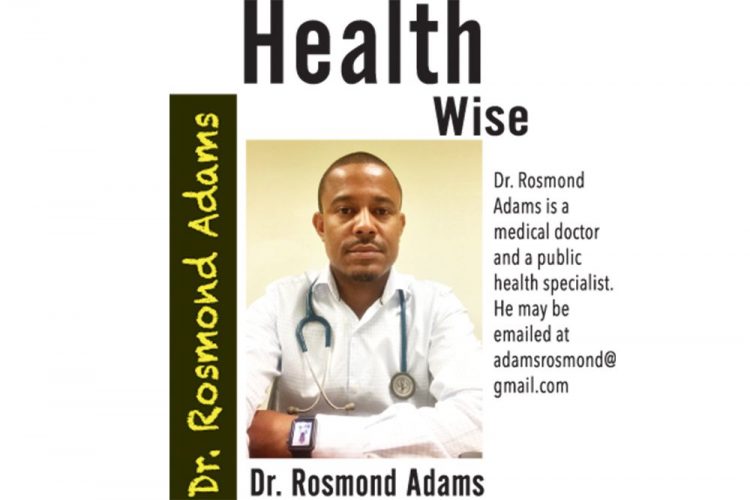The anti-vaccine movement – Doing more harm than good

Immunizing children against vaccine preventable diseases would protect them from diseases that we know have plagued society and have caused an increased in mortality and morbidity.
Fortunately, many of these diseases have vanished from the region because of effective vaccination coverage. For example, the region of the Americas is the first in the world to have eliminated measles, a viral disease that can cause severe health problems, including pneumonia, blindness, brain swelling and even death. This achievement culminates a 22-year effort, involving mass vaccination against measles, mumps and rubella throughout the Americas.
The ethical arguments that are used by the movement are based mainly on the principle of autonomy. Autonomy states that we have a right to choose what we want for ourselves. In most cases autonomy should be respected. However, we must take into consideration that parents are making a choice not for themselves, but for their children. This choice should be in the best interest of the children. It is also the parentsâ duty and obligation to ensure that their children are protected from communicable diseases and that their children do not harbour these diseases and spread them in communal settings, such as schools.
Vaccination is a public health initiative that is based on the principle of solidarity and the collective good approach â in ethics we would call it the utilitarian approach. Vaccination initiatives are not individual in nature. They seek to benefit not only the individual who is vaccinated, but also others in the community. In fact, the principles of Christianity also apply here â being your brotherâs keeper. When an entire community is vaccinated, people who are allergic to certain vaccines or those who are immunocompromised and cannot be vaccinated are also protected through a mechanism called herd immunity. Herd immunity protects others because the disease cannot thrive and spread, since the community has acquired sufficient immunity to prevent any spread of the disease.
For vaccines to be on the market, they must be tested and must be passed by the various regulatory bodies. This ensures that vaccines have gone through the four rigorous phases of randomized clinical trials. In these phases, benefits and risks are assessed to ensure that the vaccines are safe, and will do more good than harm.
Public health ensures and adheres to the principle of beneficence. This principle ensures that we all benefit and are protected from diseases.
In concluding, controlling the spread of infection is a top priority in public health. Hence, when the choice is to be made between safety and liberty, limits on liberty may be justified, as the right of the community to protection outweighs the rights of individuals and so it is justified to require children to be vaccinated in order to enter the school system or while in the system.
Finally, we know we have the right to choose. However, the right to do so must be exercised in such a manner that it does not harm others. Parents, please ensure that your children are protected. All medications have side effects, so do not listen to the anti-vaccine movement, who will scare you with these side effects. The side effects are minimal. The vaccines will do more good than harm. The very same people who are now against vaccines have been immunized and are also protected through herd immunity.
Dr Rosmond Adams, MD is a medical doctor and a public health specialist. He is also an ethicist with training in research ethics and medical ethics. He is the head of Health Information, Communicable Disease and Emergency Response at the Caribbean Public Health Agency (CARPHA).
He is also a member of the World Health Organization (WHO) Global Coordination Mechanism (GCM) on the Prevention and Control of Non-Communicable Diseases (NCDs).
(The views expressed here are not written on behalf of CARPHA nor the WHO)









